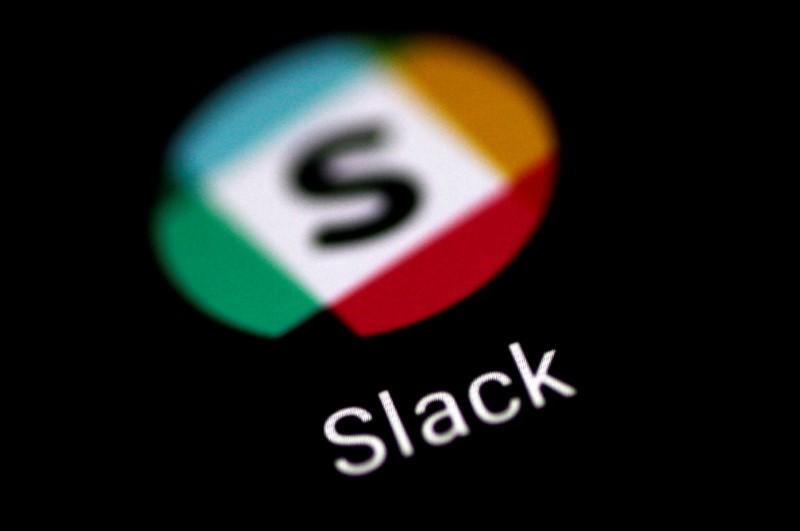The Supreme Court decided on Dec. 13 that it will take up the appeal of instant-messaging company Slack Technologies, which is accused of making false statements in connection with public disclosures it made in 2019 when it offered corporate shares for sale.
Pro-business groups say a lower court ruling against the company that allowed the lawsuit to move forward unnecessarily interfered with markets and would ultimately hurt investors by making it more difficult to do business. The company’s investors, on the other hand, say they were treated unfairly and are demanding redress.





